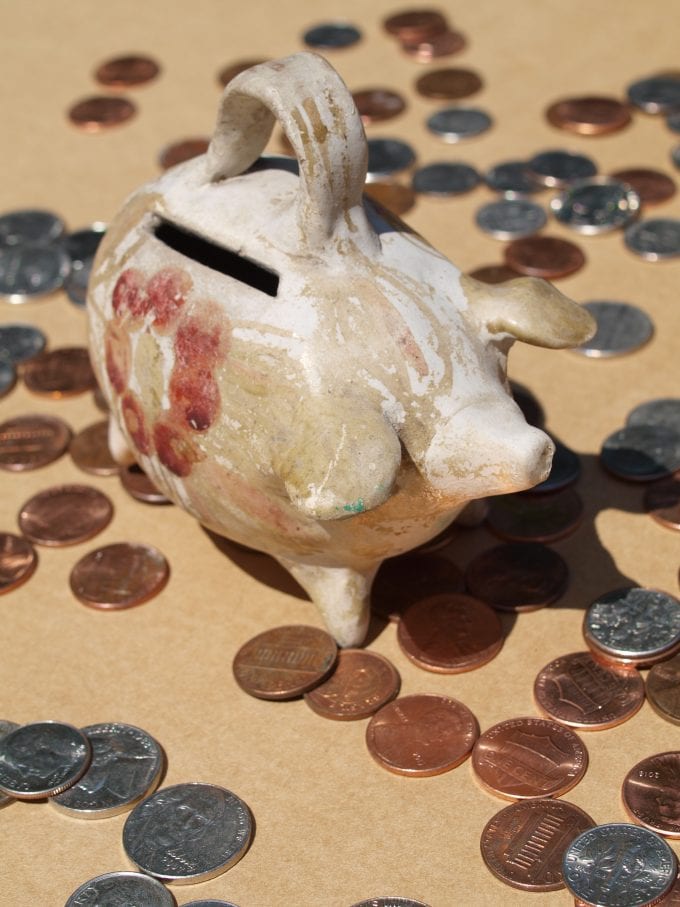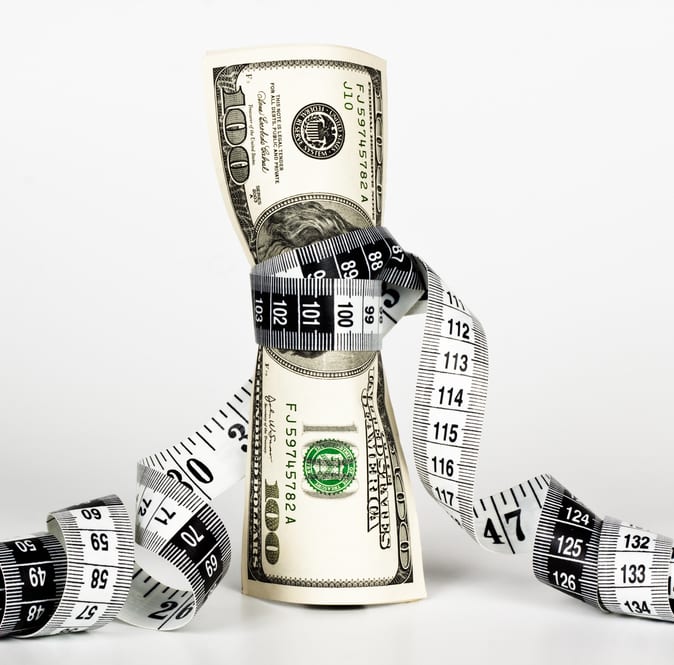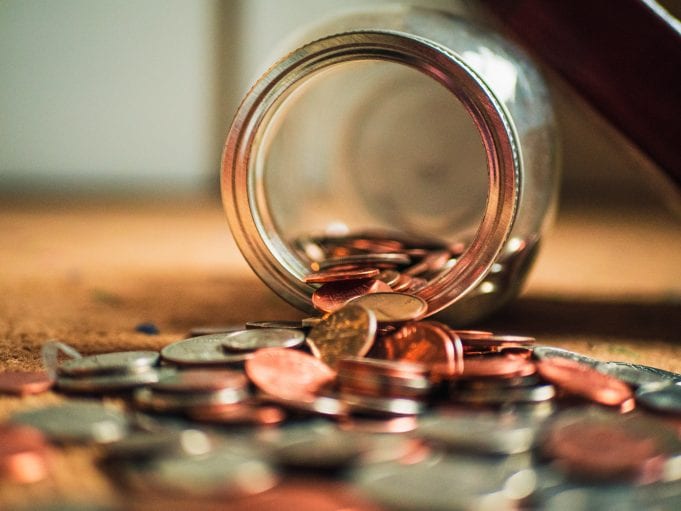Month 1 of 2025 is over, and you have not committed to your resolution just yet. Smart spending habits are a popular choice that often fails miserably. From impulse-buying to overspending on your spouse’s birthday, decisions about how to spend money made daily. One of the hard parts of smarter spending habits is that the little things all add up.
However, little things like a cup of coffee seem so insignificant that giving them up is so much harder than you think. Below we look at some of the easy ways to stretch your dollars further and have greater financial freedom. We promise that once you commit to one or more of these things for at least 30 days, it will become a habit and not a chore.
1. Use Cash
When you use the Benjamins, you hold yourself accountable for staying within a set budget. Hit the local ATM and withdrawal the amount that you can reasonably stick to before the next payday. If you ever wondered how do ATMs work, you can click here to find out how. Avoid the temptation of credit cards and or payday advances that come with hefty finance charges. One of the easiest ways to control your weekly spending is to withdraw a set amount of cash and force yourself to make it last seven days. Every time you open your wallet or purse to pull out money, you think twice about the purchase.
Being always aware of how much money you have and the amount you spend per day, per meal, or per week is such a smart way to manage your daily finances.
2. Mobile Budget Tracker

You can use an expense tracking app to manage all of your finances without missing a beat. Most budget apps are an electronic version of the envelope system where you set aside a determined amount of money for all of your separate expenses. Others, like Charlie, work by informing users of spending habits and alerting them to upcoming due dates and changes in their account balance. Some apps even provide more in-depth services, such as investment advice. Nowadays, all these apps and sites can work together with your credit card provider and bank to breakdown your expenses into pie charts and categories.
For example, do you know how much you spent on just entertainment in 2019? Whatever app you select, having an accountability tool is an excellent method to get ahead of the game.
3. Stick to a Budget

A simple monthly budget is a great way to develop better spending habits; this is similar to trying out a week with cash only. Without a financial plan, you have no clue how much income is needed to meet your responsibilities. Write down what your required bills are monthly and set aside any discretionary income. At the end of the month, you can determine if you need to generate more revenue or spend less money. You should follow the plan for at least a few months to identify any trends and find out what works for you.
As repetitive as it sounds, you can make a huge long-term difference in your retirement and investment accounts by saving even 50 dollars per month now rather than trying to talk yourself into saving 100 dollars later.
4. Try a Fiscal Fast

One idea to develop better spending behaviors is not to spend any money at all! A fiscal fast where you do not buy anything that isn’t necessary to live. The recommended “fast” is for 30 days, but you can shorten it if it is your first time. There are lots of creative ways to stretch what you already have in your house. Maybe you have leftovers that have been sitting in the freezer or little travel shampoos and conditioners from your last vacation.
Living on the minimalist mentality will prevent overspending in the future. You can make it a game with your family and set a goal of how much money you can save within the month. Once you start getting the most out of what you have around the house, it becomes contagious and is a fantastic way to get ahead.
5. Change your Lifestyle

Many spending problems arise as a result of living beyond your means. You’d be shocked by the amount of money you spent from fast food and coffee pitstops over the month. It’s easier to eat out for lunch instead of preparing your meals, even if meal prep is far more cost-effective. We would rather pay more to have a newer car, instead of keeping our used one that is paid off. Change requires you to live outside of your comfort zone and put your goals into action. Another huge lifestyle expense is your health.
It may seem both convenient and cheap to eat from the drive-thru a few days per week, but at what cost long term? Eating healthy and exercising does not need to be expensive, and it can save you tens of thousands in a long time. Medical procedures, supplements, medication, and even doctor’s office visits can evaporate your savings much quicker than the regular grocery store run for fresh fruits and vegetables.
Any new habit requires consistency and the right mindset for success. Many people live with the idea that having more money will solve their financial woes, which is not valid. If you happen to save less than 5 percent of your income on a salary of $50,000 per year or $500,000, you are going to run into long-term trouble. The key is to maximize your revenue and become aware of every penny you spend.










